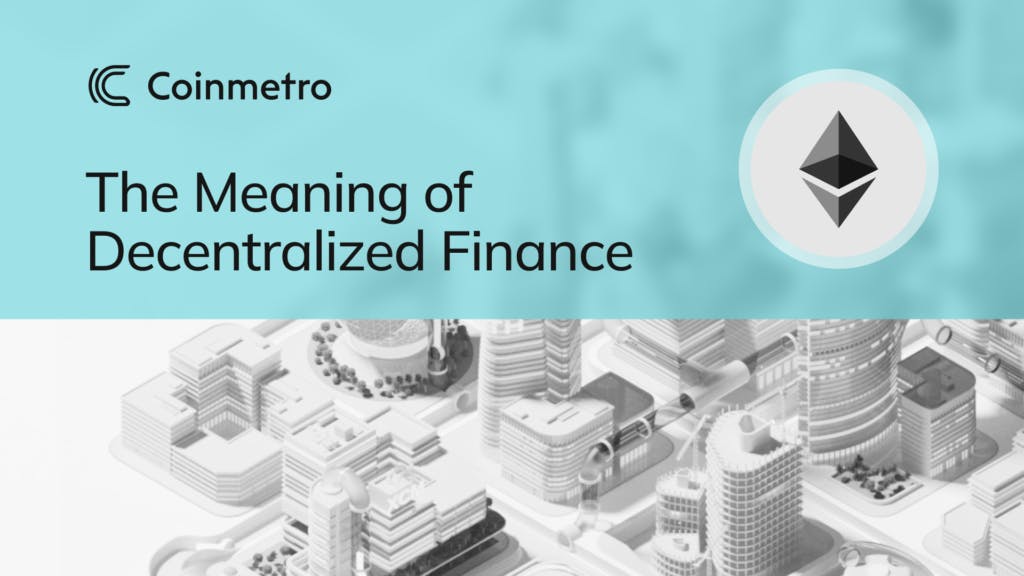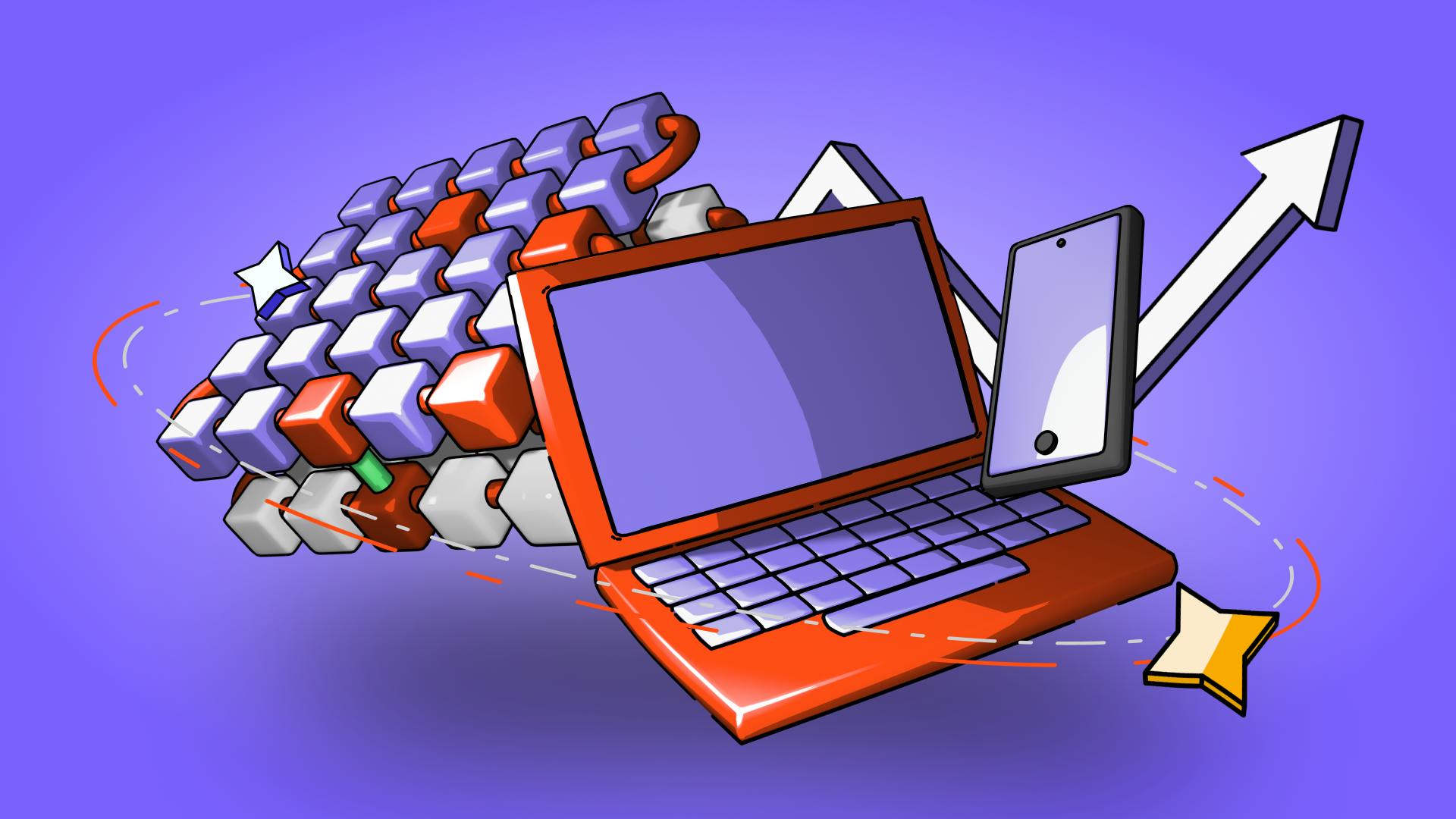What Is Decentralized Finance
December 5, 2025

by Kamil S
December 5, 2025
The versatile, expanding industry of decentralized finance challenges the traditional financial system by limiting the influence of intermediaries and by giving power to people via the peer-to-peer model.
What is the broader meaning of decentralized finance?
Blockchain technology and cryptocurrency lie at the core of decentralized finance (DeFi).
Financial transactions between parties are managed without relying on intermediaries, such as banks, brokerages, and other similar entities. Mostly operating on the Ethereum platform, this is done by using smart contracts – encrypted computer programs that execute automatically when predefined conditions are met.
Financial transactions are recorded in computer code as blockchain is a decentralized, distributed public ledger. Contrary to this, traditional financial transactions occur on a private ledger that is entirely owned and managed by a large financial institution.
- Also read: Regulated DeFi in Focus
The ever-expanding DeFi universe has a variety of use cases:
1. Financial transactions. This major use case includes anything from payments and trading to lending and borrowing.
2. Decentralized exchanges (DEXs). DEXs coordinate large-scale trading of crypto assets between many users, facilitating peer-to-peer (P2P) financial transactions.
3. E-wallets. Digital wallets can operate independently of crypto exchanges and give users access to everything from trading digital currencies to engaging in blockchain gaming.
4. Stablecoins. As cryptocurrencies are highly volatile assets, stablecoins attempt to peg their market value to some external reference, like the U.S. dollar, to stabilize their value.
5. Synthetic assets. This asset type is basically a tokenized derivative that mimics the value of another asset – fiat currencies, cryptocurrencies, stocks, commodities, etc.
6. Yield harvesting. Yield farming is an investment strategy in DeFi that involves lending or staking crypto coins or tokens with the aim of getting rewards in the form of transaction fees or interest.
7. Non-fungible tokens (NFTs). NFTs are digital tokens with unique properties, which make them as singular and unique as they are. These digital tokens grant the buyer ownership of digital artwork.
- Also read: What are NFTs?
8. Crypto loans. Crypto loans allow traders to receive liquid funds without selling their crypto assets. Instead, they use their assets as collateral for a cash or stablecoin loan.
9. Blockchain gaming. In blockchain gaming, digital assets are developed on the blockchain and have a real-world value in the form of NFTs.
- Also read: The Rise of Blockchain Gaming
The meaning of decentralized finance is a hot search term as DeFi has become the most popular crypto concept.
DeFi is reshaping the financial landscape as we know it, yet it is important to realize that the industry aims to democratize access to financing and should not be viewed as a direct threat to the existing financial system.
To stay up to date with DeFi developments, you can join Coinmetro’s Discord or Telegram communities. Alternatively, you can sign up to our platform to embark on an exciting crypto journey.
Tags
Related Articles

Regulatory Sandboxes: Fostering Crypto Innovation Within Legal Frameworks
The cryptocurrency industry’s fast rise fuels an important debate. Innovation aims to transform finance, enhancing speed and access. Yet, regulators…
5m

Crypto Options Trading: Strategies and Market Insights
Cryptocurrency markets have rapidly expanded beyond simple buying and selling. One of the most significant developments has been the rise of…
6m

The Rise of Social-Fi: Blending Social Media with Decentralized Finance
In recent years, social media and finance have started to merge, creating Social-Fi. This concept blends the engagement of social platforms with…
6m

DeFi Insurance Platforms to Watch in 2024
Decentralized Finance (DeFi) insurance addresses the growing need for insurance against hacks, smart contract failures, and other DeFi-related risks.…
7m